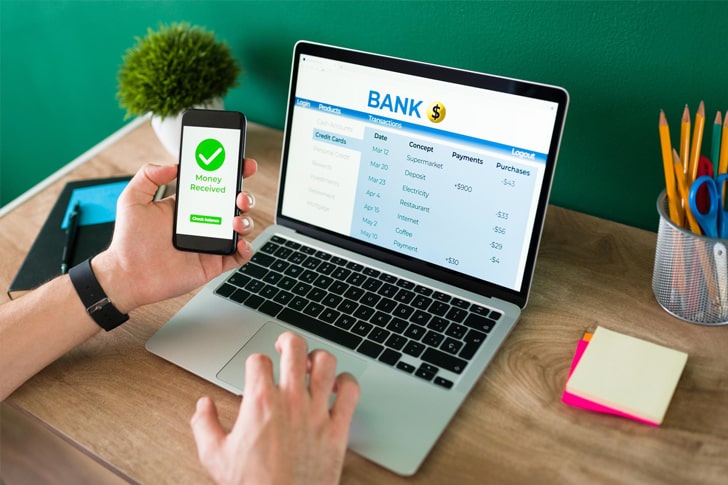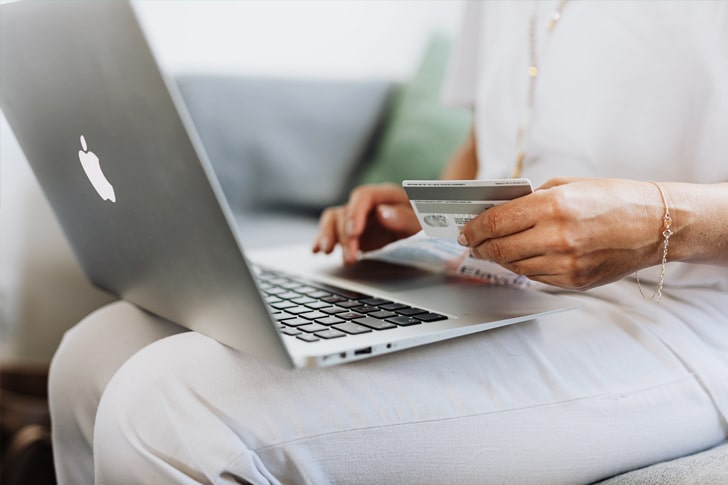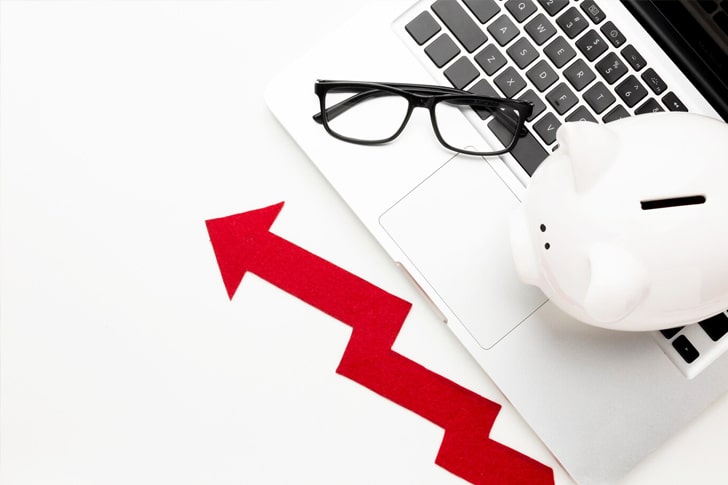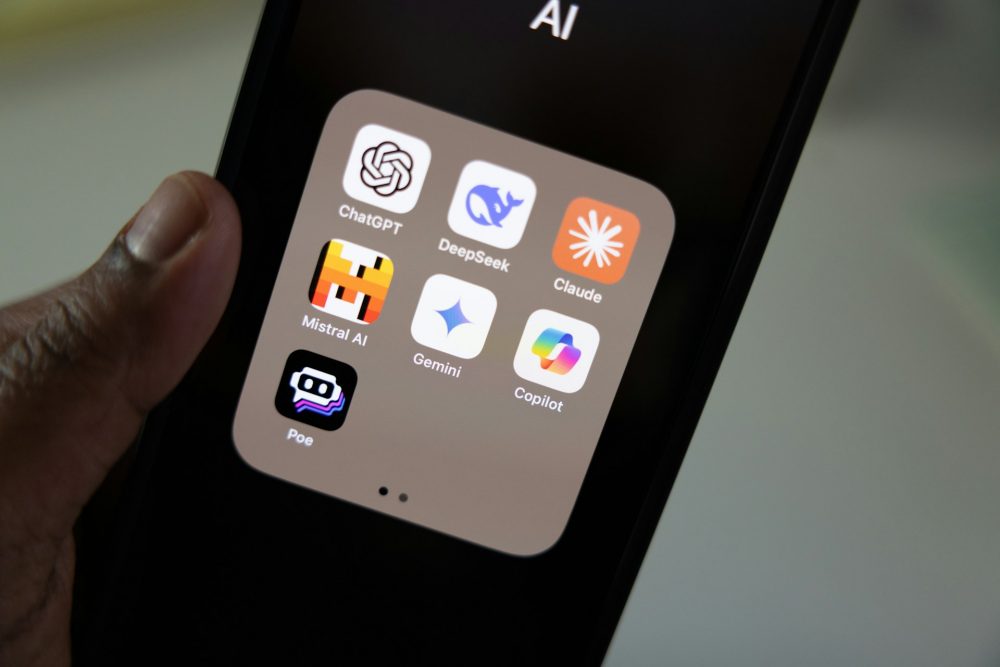Money is crucial to meeting our needs and requirements. Since money is scarce, it is essential to have a safe place where you can store it. In the olden days, individuals found putting their cash in their homes safe. But with technological advancement, you can have a checking account with a bank, which is far safer.
According to FDIC, they have estimated that about 5% of families in the US don’t utilize checking accounts. Therefore, we will guide you if you need more information about checking accounts and their significance.
Checking Account: What Is It?

tonodiaz / freepik
Typically, a checking account is a deposit account found in most financial institutions. Individuals use it to fund or withdraw their money. A checking account, also known as a transactional account, maintains a high level of liquidity. This implies that the account allows you to access your funds quickly. There are different ways you can use to access your funds. Some of the ways include e-debits and ATMs.
Checking Accounts vs Savings Accounts: How Do They Differ?
In checking accounts, financial institutions include personal checks, ATM cards, and other things to help with withdrawals. However, savings accounts lack ATMs and cheques since they are not designed for regular payments. Regarding interest rates, savings accounts have a higher interest rate than checking accounts. Therefore, a savings account is the better option if you wish to generate an increased interest rate.
The Principle of Checking Accounts

Karolina Grabowska / Pexels
If you use a credit union or a bank, opening a checking account is straightforward. You can apply for an account online or at a convenient financial institution. Remember to carry crucial things such as your ID and social security number. After account verification, you can fund it using a cheques or cash; most institutions will provide you with a debit card. After that, you can use cheques, cash, and ATM to fund or withdraw money.
Usually, the FDIC is responsible for insuring funds in a checking account. As long as the bank is insured, FDIC will insure about $250,000 for every account user. This implies that your fund will be secure if anything happens to the bank.
What Are the Popular Types of Checking Accounts?
As an individual, you can use a checking account depending on your goal. Some of the checking accounts include:
A Joint Account

katemangostar / freepik
A joint account is a checking account opened by more than one person. Mostly, spouses prefer using a joint account to meet their financial needs at a given period. In a joint account, the bank authorizes that either partner can withdraw the amount at any time.
A Commercial Account
A commercial account is a checking account business owners use to store money. This implies that the business owner is the only individual with the right to approve every deposit and transaction made in the commercial account.
Student Checking Accounts
Certain financial institutions will offer college students a checking account to help them learn how to handle their cash. Additionally, some college students may get government funding and usually need a checking account to receive that fund.
Factors to Consider Before Opening a Checking Account
You need to be familiar with crucial parameters before you open a checking account. These parameters will help you avoid any misunderstanding in the future. Here are some of them:
Incentives

freepik / freepik
In checking accounts, you will receive an interest in your deposit after a given period. Even though the claim is not as high as the savings account, it will still accumulate over time. Additionally, financial advisors encourage individuals to open both checking and savings accounts to diversify their funds.
Practicality
If you are busy, it may be challenging to visit the bank frequently when you wish to make withdrawals or deposits. Therefore, consider online checking accounts that enable you to use your mobile phone to track your account balance and make deposits.
Client Support
With technological development, you can now complete most banking tasks online or through mobile applications. However, one issue is that some tasks will require the help of customer representatives to make the right decision. Therefore, enrolling with a bank with exceptional customer service is ideal.
Associated Fees
Typically, there are some associated fees involved in the checking accounts. Therefore, before you decide to open an account, you should evaluate the costs charged by various financial institutions and choose the one that fits you. Additionally, you should also check the spending pattern. The ideal bank or credit union offers a minimum balance requirement, especially if their balance is nil. Nonetheless, below are some of the fees you will encounter with:
Overdraft Fees
These are costs incurred when you need to withdraw more money than is available in your account. The setback of these fees is that they have high-interest rates. However, when withdrawing your money, you can sign up for a service that will shield you from overdraft fines.
Upkeep Fees
Some financial institutions require an upkeep fee for the checking account. This is common in national banks. Other institutions will require you to meet specific requirements, including keeping a certain balance of your money. Therefore, before you open an account with a bank, it's crucial to read the fine print.
ATM Costs
There are costs if you decide to use an out-of-network ATM. The bank usually transacts these costs and the ATM operator as well. Check the ATM rates transacted with different institutions before applying for a checking account.
Minimum Balance Charges
Some banks will charge when your account amount moves down the threshold value. Such penalties are referred to as minimum balance charges. Therefore, monitoring your account amount will be ideal to avoid such penalties.
Why Is My Checking Account Denied?

wayhomestudio / freepik
After applying and using your checking account for a while, some individuals usually get their accounts denied for different reasons. One of the main reasons is a bad report from Chexsystems. Chexsystems is involved in monitoring and gathering data about bank accounts. The following are some of the things that might lead to checking account denial:
- Negative balances.
- Overdue fees.
- Excess overdraft cost.
- Account closure without consent.
- Several checks that bounced.
Overall, it is ideal to seek assistance from the customer support team since there could be other reasons for your account to be denied.
The Bottom Line
Money management may be made easier with checking accounts, and opening one doesn't cost much money. Numerous online banks provide checking accounts with minimal monthly fees and low minimum balance requirements. Before selecting a checking account, list the characteristics and advantages you would most want to have. Consider whether doing your banking online rather than in a branch fits your financial style.
Find here the best online checking accounts for 2024
Frequently Asked Questions (FAQs)
How do I find my checking account number?
If checks are included with your checking account, your account number will appear at the bottom, following your bank routing number. You can also see your checking account number by signing into your mobile or online banking account. You must contact the bank and provide identification if you are still looking for the number.
What Is the Difference Between a Checking Account and a Savings Account?
Routine spending and regular deposits and withdrawals are intended uses for checking accounts. Savings accounts often provide greater interest rates than checking accounts since they are meant to store money for future purposes. A checking account usually allows unlimited withdrawals, while many savings accounts have a monthly cap.
Does closing a checking account hurt my credit?
Since bank accounts are not reported to consumer credit bureaus, closing a checking account often has no impact on your credit. However, completing a checking account with unpaid fees or ongoing overdrafts may result in a bad comment on your ChexSystems report.






